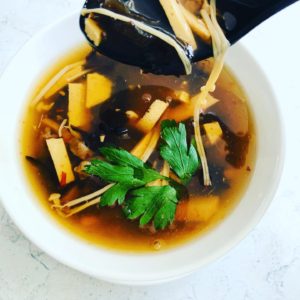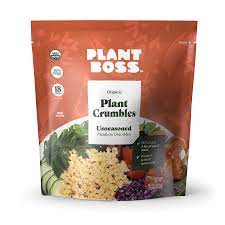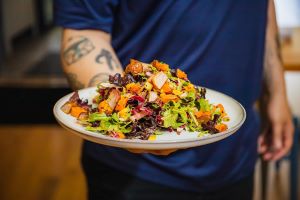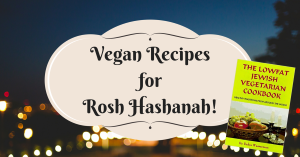Review of Zen Garden on Long Island in NY
By Riddhi Jain
Zen Garden is a vegetarian restaurant that specializes in Asian cuisine and offers a variety of unique dishes (most of which are vegan). This restaurant, located in the Great Neck Plaza in New York, is very popular among other fellow vegetarians and vegans. Zen Garden uses all natural herbs and ingredients to restore the essence of veganism and fresh food. Their decor symbolizes their use of natural and fresh products as they have a tree as their centerpiece. The ambience is peaceful and elegant and the architecture is exquisite. Not to mention the comfortable seating that is offered. The staff at Zen Garden adhered to all of our needs and adjusted the dishes to our liking by altering the spice levels.
I ordered the Curry Vegetable Tofu Casserole, Spicy Szechuan Casserole, Hot and Sour Soup, and Spicy Dandan Noodle. The portions of all of these dishes were more than enough for a family of four. My family even had many leftovers. The dishes were very well plated which enhanced the presentation of the food as well. The Curry Vegetable Tofu Casserole was a dish consisting of many vegetables with spicy gravy. This was a great way to obtain vegetables and was a very delicious dish. The dish also contained veggie “chicken” which was actually made out of soy. The Spicy Szechuan Casserole was another spicy dish that had more Asian flavors and consisted of a variety of mushrooms. The Hot and Sour Soup incorporated many unique flavors. The Spicy Dandan Noodle consisted of spicy noodles and vegetables. All of these dishes had unique flavors and were very delicious.
Zen Garden offers a wide variety of dishes for lunch and dinner. There is a $16 special for lunch where there are smaller portions of food with many options. Some of the dishes on the lunch menu include Curry Chicken, Curry Vegetable and Tofu, and Rainbow Fried Rice. Although Zen Garden offers many Asian dishes, they also offer a unique selection of burgers, some consisting of a soy protein patty and others consisting of a black bean patty. In addition to their delicious entrees and appetizers, they also offer an array of different drinks and desserts. The drinks that they offer come from all over Asia. For example, they offer Mango Lassi which is a drink originated from India. Their dessert menu is also filled with many gluten-free and vegan desserts which can be very hard to find. Another unique feature of Zen Garden is their collection of vegan sushi. Vegan sushi is another difficult dish that can be difficult to find as many typical vegan sushi only consist of cucumber, carrots, and avocado. The vegan sushi at Zen Garden consists of tempura, mango, mushroom, and more. Some of the sushi they offer include, the Black Dragon, the Yellow Dragon, and the Pink Lady.
If you are planning on visiting Zen Garden, I would recommend the Curry Vegetable Tofu Casserole, any sushi, and the Spicy Dandan Noodle.
For more info on this restaurant see: https://www.facebook.com/profile.php?id=100039104935214
Visit https://www.vrg.org/restaurant/index.php for more veggie restaurants in the USA and Canada.











